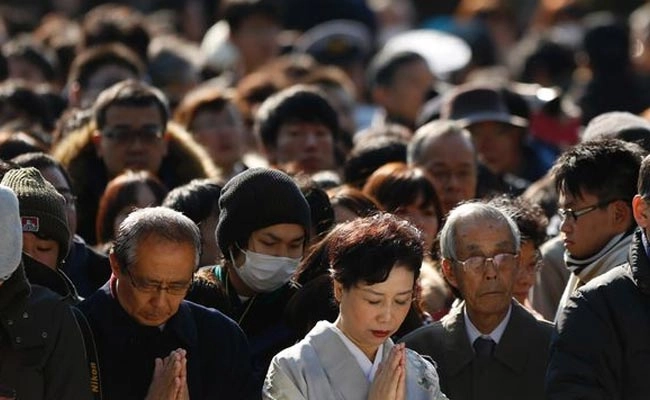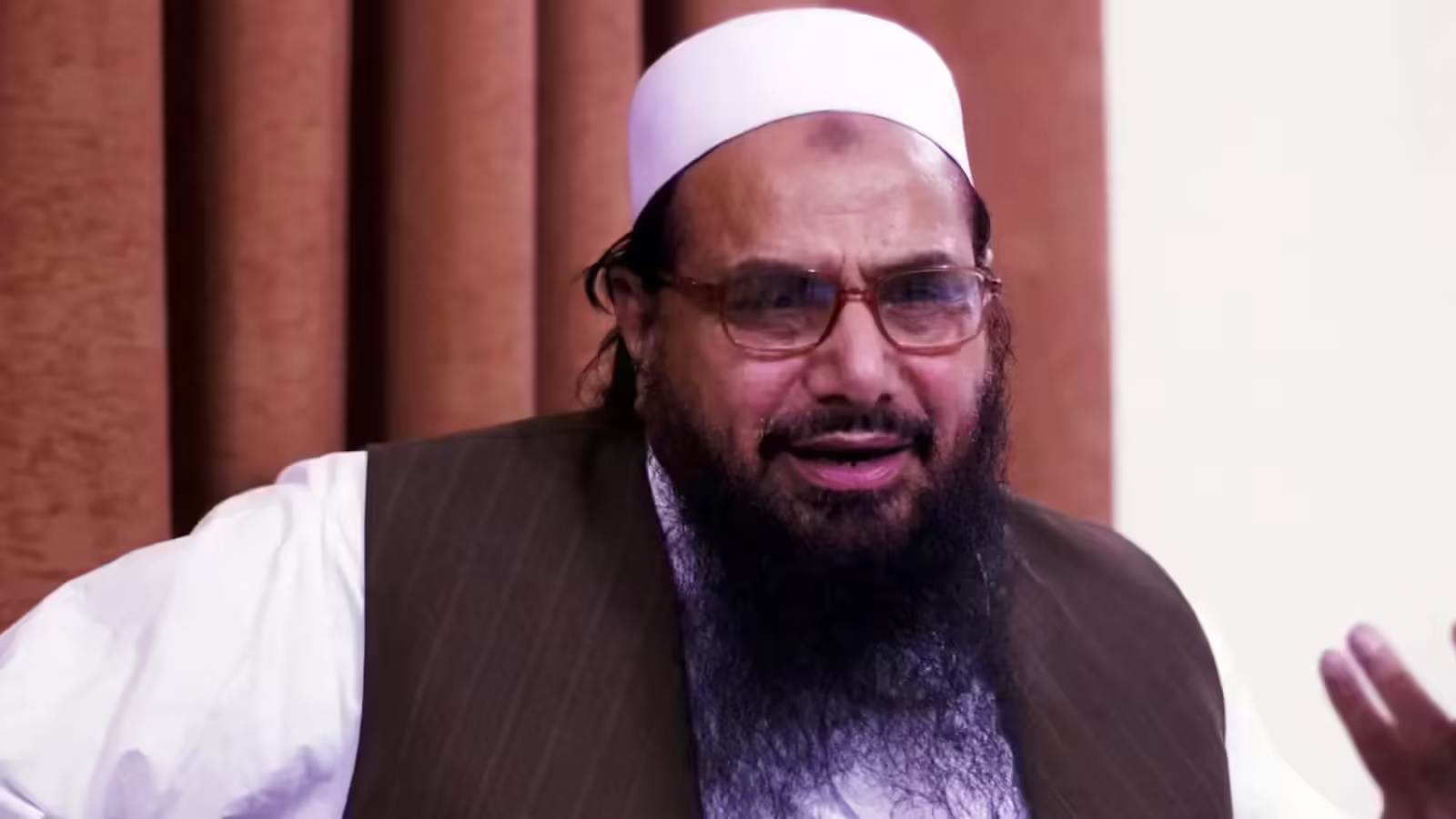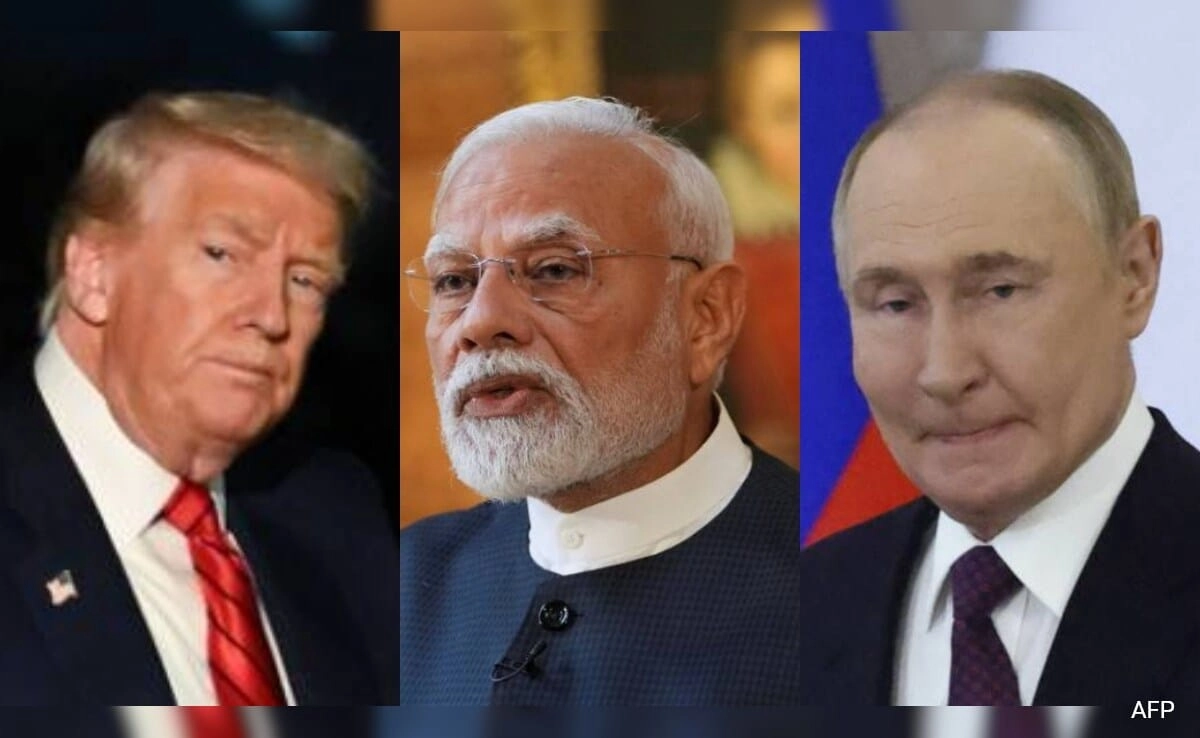In a recent development highlighting the intricate dynamics of international relations, Ayatollah Ali Khamenei, Iran’s Supreme Leader, has called upon Russian President Vladimir Putin to enhance support for Iran in the aftermath of U.S. airstrikes in the region. This request underscores the ongoing geopolitical tensions and the shifting alliances that characterize Middle Eastern politics. The U.S. strikes, perceived as a direct threat to Iranian interests and regional stability, have prompted Iran to seek stronger ties with Russia, a country that has historically been a crucial ally in countering Western influence in the area.
Khamenei’s appeal to Putin comes at a time when Iran is navigating a complex landscape of sanctions and diplomatic isolations imposed by the United States and its allies. The airstrikes, which targeted Iranian-backed militia groups in Iraq and Syria, were viewed by Tehran as a violation of its sovereignty and an escalation of hostilities. In response, Khamenei has emphasized the need for a united front against perceived aggression and has encouraged Russia to leverage its own position to support Iran more robustly. This request not only reflects Iran’s reliance on Russian military and economic assistance but also indicates a broader strategy to fortify the Iran-Russia alliance amidst escalating tensions with the West.
The collaboration between Iran and Russia has been cultivated over several years, particularly in the context of the Syrian civil war, where both nations have supported the Assad regime against various opposition forces, including those backed by the U.S. and its allies. Khamenei’s recent statements signal a deepening of this partnership, as both countries share mutual interests in countering U.S. influence and maintaining their respective footholds in the region. By calling for increased Russian involvement, Khamenei aims to not only bolster Iran’s defense capabilities but also to send a message to the U.S. and its allies that Iran will not stand alone in the face of military aggression.
In this complex geopolitical chess game, the implications of Khamenei’s request extend beyond bilateral relations. It highlights the potential for a more entrenched alliance between Iran and Russia, which could shift the balance of power in the Middle East. As these two nations navigate their partnership, the international community will be closely monitoring the developments, particularly in light of ongoing conflicts and the evolving nature of U.S. foreign policy in the region. The outcomes of this enhanced collaboration could have far-reaching effects on regional stability, security, and the broader geopolitical landscape.




